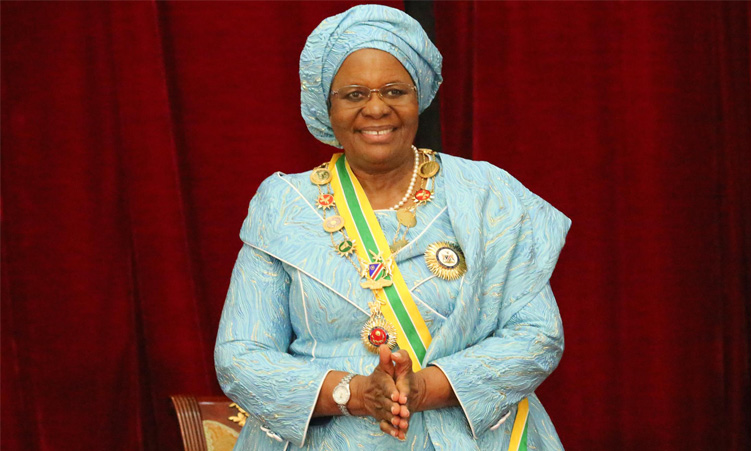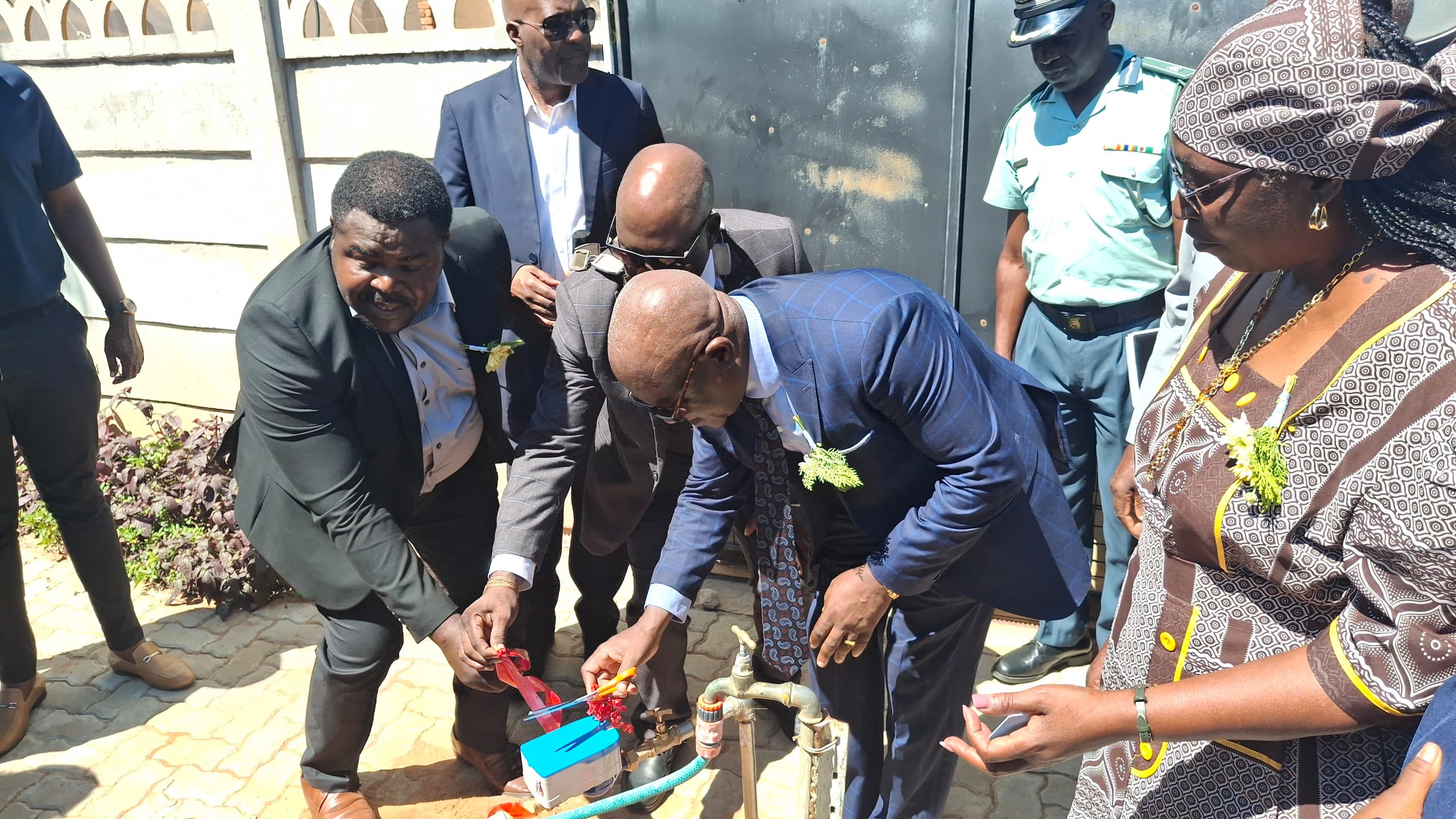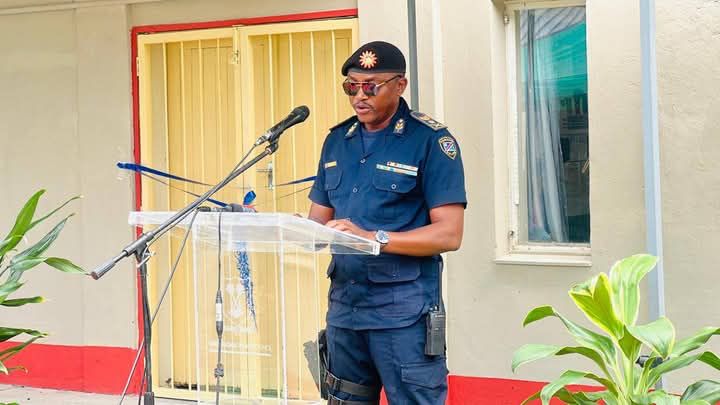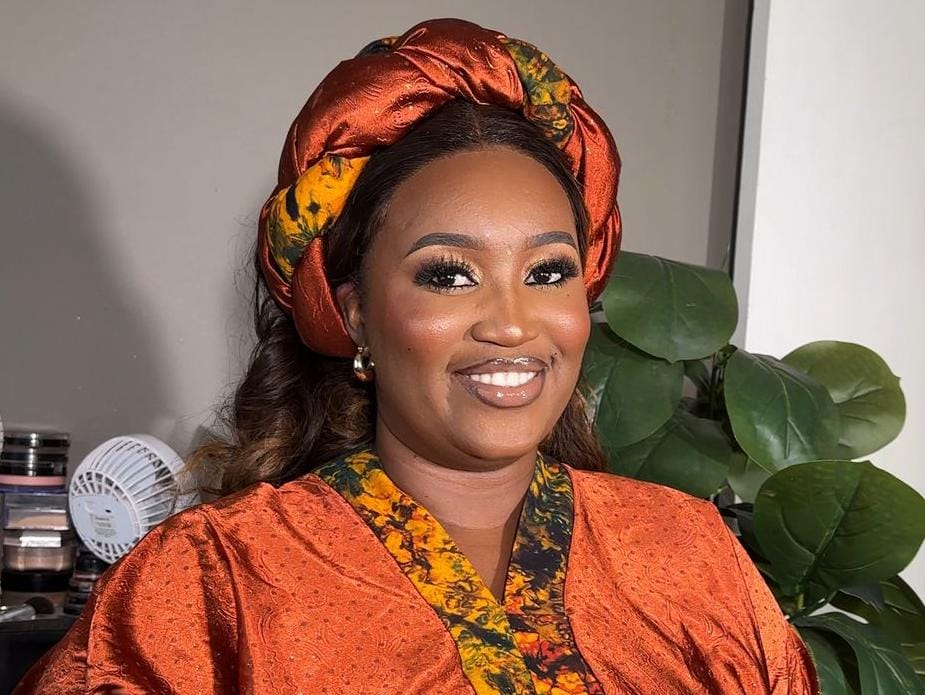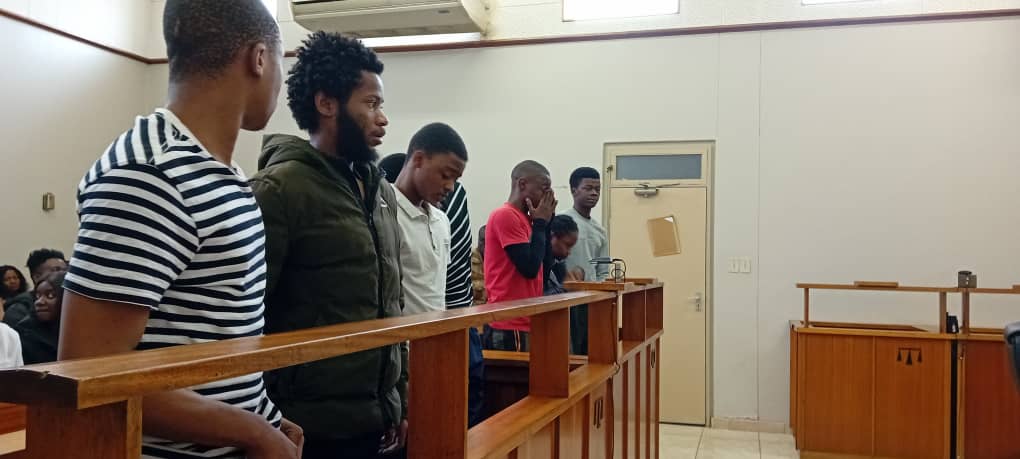President Netumbo Nandi-Ndaitwah has said Namibia is able to manage its health sector as well as other developmental programmes without the help of the United States Agency for International Development (USAID).
In an interview with international broadcaster Al Jazeera over the weekend, Nandi-Ndaitwah said Namibia has acquired enough skills to continue its programmes despite United States (US) president Donald Trump’s directive to freeze aid to African countries.
“Any change [in aid funding] might have an immediate impact. But I have to tell you that we have made good progress when it comes to the management of HIV-AIDS. We are one of the countries that have made good progress,” she said.
Her views come after the Trump-led government’s announcement in February of wide-ranging aid cuts for developing countries, affecting healthcare and development projects around the world.
Last year, Namibia received around N$700 million (approximately US$40 million) for its HIV-AIDS programme. Over the years, USAID has helped Namibia to be among the few countries that have reported significant progress in reducing mother-to-child transmission (also known as vertical transmission) of HIV.
In 2024 Namibia was also recognised by the World Health Organisation (WHO) for achieving the silver tier on the path-to-elimination (PTE) of mother-to-child transmission.
Nandi-Ndaitwah said she believes the skills gained and capacity built with the support of the US government will allow Namibia to continue its healthcare and development programmes.
Her response follows concerns raised around the possibility of rising HIV cases which could undo the progress made so far in controlling the epidemic.
Nandi-Ndaitwah also revealed that Trump sent her congratulatory messages following her inauguration as Namibia’s president, and dispatched a convoy to attend on his behalf.
“I feel with such a move we can work together in the interest of both countries,” she said, adding that she appreciated the gestures.
She said despite the freezing of aid, Namibia will continue to foster good relationships with the US and cooperate on mutual interests such as in relevant areas including education, health and mineral resources.
She also highlighted other interests the two countries share such as the US’ interests in Namibia’s mineral resources.
The president said the two countries have collaborated via bilateral agreements for many years and expressed her belief that those relationships will continue unhindered. However, she called on international countries to exercise peaceful dialogue, a model that has worked for Namibia since independence.
Nandi-Ndaitwah was referring to the recent tariffs the US has imposed, which have heightened geopolitical tensions around the world. Despite the 21% tariff to be applied on all Namibian goods imported to the US, the president said Namibia will continue to advocate for dialogue to solve issues while minimising potentially detrimental retaliation.
“I will endeavour to strengthen cooperation with all countries of the world in the interest of Namibia and that of the world, in order to make sure that the citizens enjoy the wealth in which they live,” said Nandi-Ndaitwah.
See full interview on page six.
Stay informed with The Namibian – your source for credible journalism. Get in-depth reporting and opinions for
only N$85 a month. Invest in journalism, invest in democracy –
Subscribe Now!




